Misattributing the effects of learning to other causes can have profound consequences, not just for individual understanding but also for how we approach learning as a society.
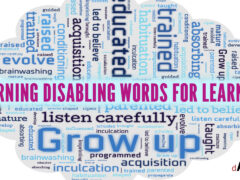

Misattributing the effects of learning to other causes can have profound consequences, not just for individual understanding but also for how we approach learning as a society.
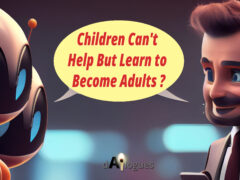
I understand that the way I talk about learning has the potential to contribute to existing misconceptions of learning and the acquisition of learned learning disabilities.
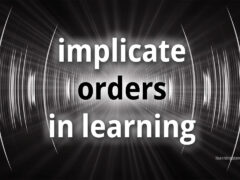
Framing human learning as an “implicately ordered and implicately ordering participation in the flow of now” is a beautiful and profound way to capture its dynamic nature.

Could the universe be adapting to life as part of the same process through which life is adapting to the universe?
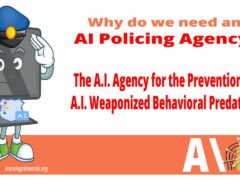
The following is a discussion with Claude.ai that explores the need for an AI agency to watch over other AIs. Bold blue is used to indicate our prompting questions. Bold black and Bold Black Underline is our emphasis of Claude.ai’s response. This discussion will continue to be updated as new questions emerge. Would you agree that the […]
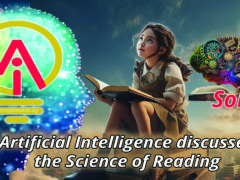
Indeed the established assumptions about the inherent stagnancy of text permanently dictate this offline, strategy-based model of reading instruction.

The difference between “learning to read on paper” and “learning to read on screens” is a very important conversation.
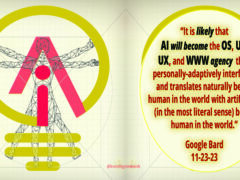
…it is only a matter of time before AI becomes the dominant technology in the world. – Bard
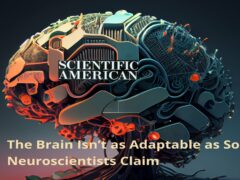
The Brain Isn’t as Adaptable as Some Neuroscientists Claim. The idea of treating neurological disorders by marshaling vast unused neural reserves is more wishful thinking than reality.

The first person known to argue against screen time was Socrates somewhere around twenty-four hundred years ago. He too was concerned with the unhealthy mental effects of spending too much time using a hot new info tech. But the technology he was concerned about wasn’t digital, electronic, or interactive. Socrates was saying the technology of […]
